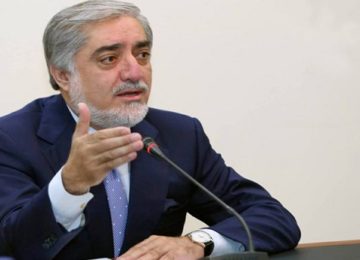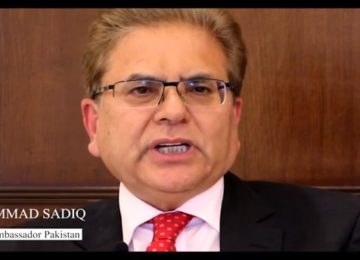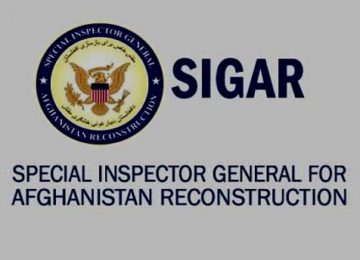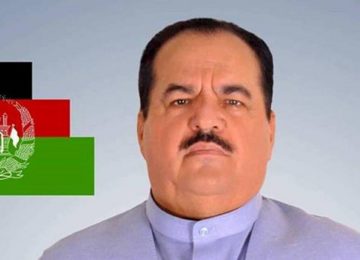February 25, 2021
It has been a year since US and Afghan Taliban signed the Afghan peace deal called ‘The Agreement for Bringing Peace to Afghanistan’ in Doha. The agreement raised hopes for an end to the 40 year Afghan wars, but there was also immediate uncertainty about the Doha agreement that primarily accommodated the US and Taliban interests.
The inability of the agreement to bring peace in Afghanistan even after a whole year have raised some serious questions on its credibility and efficacy due to several reasons. Firstly, the publicly available text of the agreement shows ambiguity about the coverage of the two most controversial issues – did the Taliban comply with a reduction of violence and to break ties with al-Qaeda – and the verification mechanisms available for keeping a check on the Taliban. This inherent vagueness has strengthened Taliban’s influence over the Afghan government. According to an analysis report published by AAN, the text of the agreement doesn’t clearly state what has really been settled, what was attained and what has been breached.
Moreover, the Intra-Afghan talks set up by the agreement, are observed to be quite slow-moving and unfruitful. The wavering progress of these talks has not only played a role in diminishing confidence in the agreement, but also in fading the hope for a peaceful end of the ongoing deadly conflict through a durable peace settlement. The slow progress of the Intra-Afghan talks can be attributed to the rising levels of violence in Afghanistan by Taliban, and the political reconfiguration in Washington.
The new Biden administration has announced to review the Doha Agreement, few of the options available to US include the completion of troop withdrawal as per the schedule, but this might lead to the collapse of Afghan government by Taliban, as it will be easy to push over the Afghan government militarily in the absence of US troops or to leave the remaining troops in Afghanistan despite the Taliban’s disapproval, with a limited, short term, conditions based delay in the complete withdrawal, rather than one with a specific end-date. But this will completely contradict the Doha deal and might even provoke Taliban to quit the peace agreement, walk out of the Intra-Afghan Talks, and bring an increase in violence. However, the most viable option for the Biden administration is to try and engage the Taliban about an extension. Although they have already publicly declared that they would not accept it any cost, still this option can be acceptable to them if further concessions are made on the release of prisoners and lifting sanctions against their leaders.
President Joe Biden’s failure in mentioning Afghanistan in his first foreign policy speech in early February shows the difficulty US is facing in its decision of reviewing the Doha agreement, however, US should keep in mind that the decision cannot be postponed for very long, as the withdrawal date is only few weeks away.
© Center for Research and Security Studies (CRSS) and Afghan Studies Center (ASC), Islamabad.








